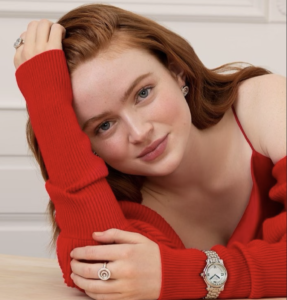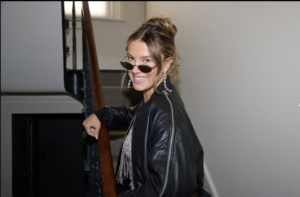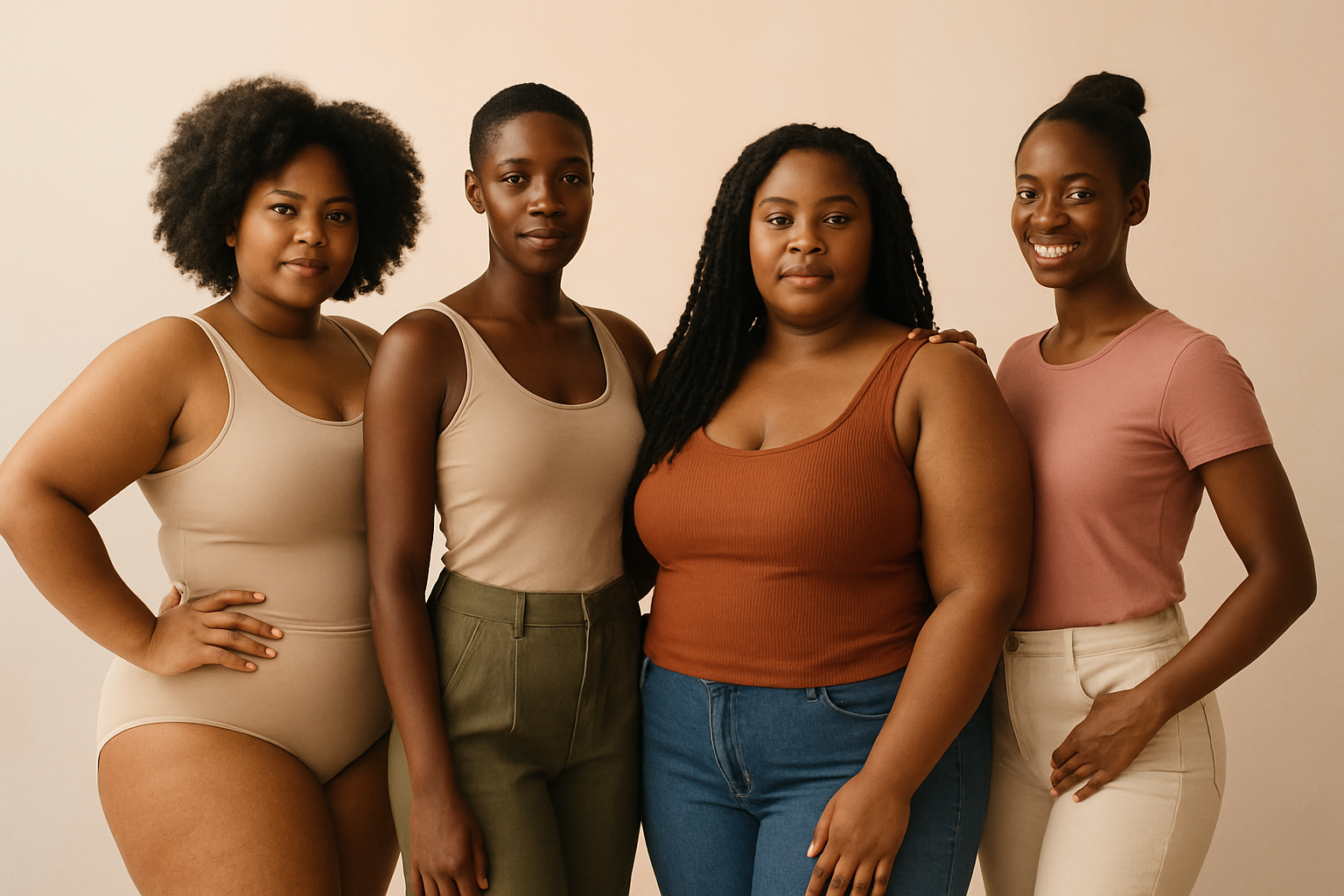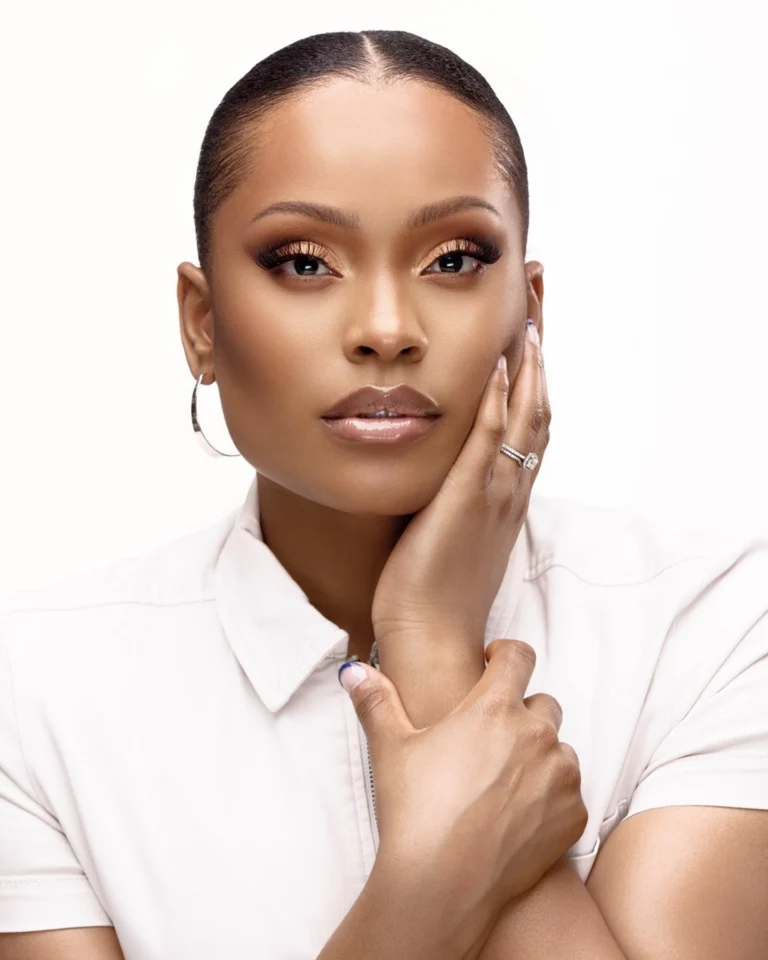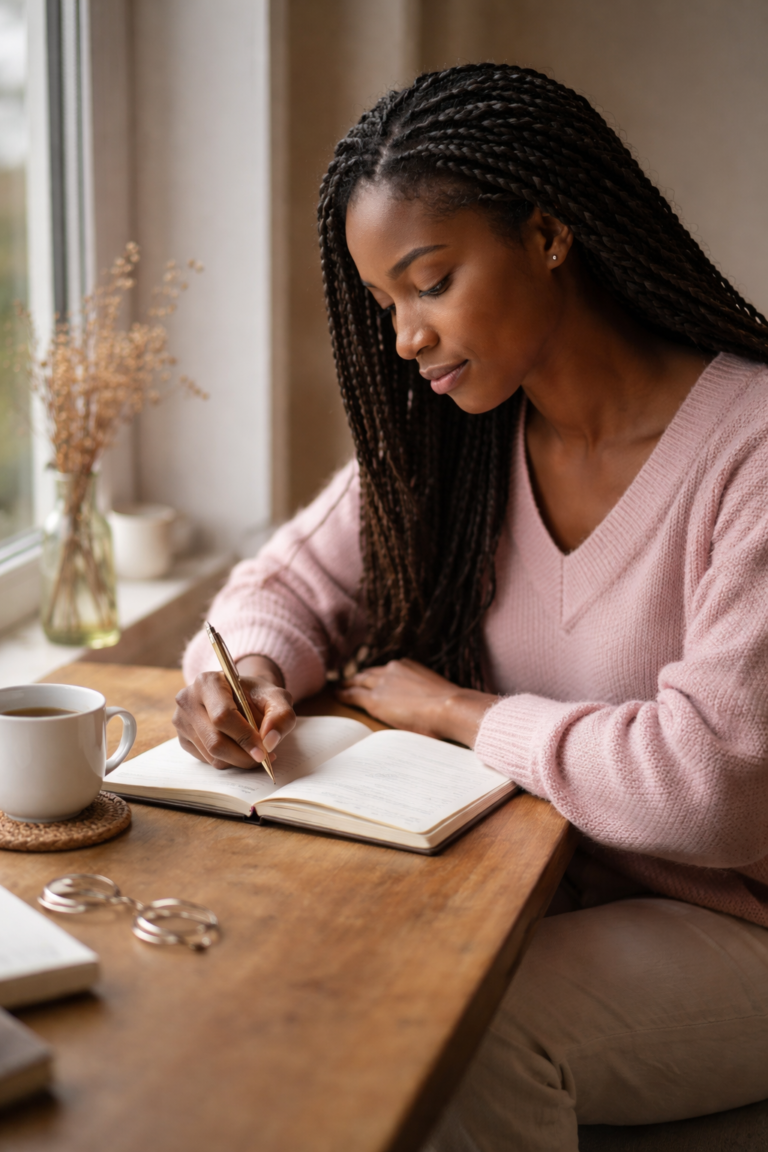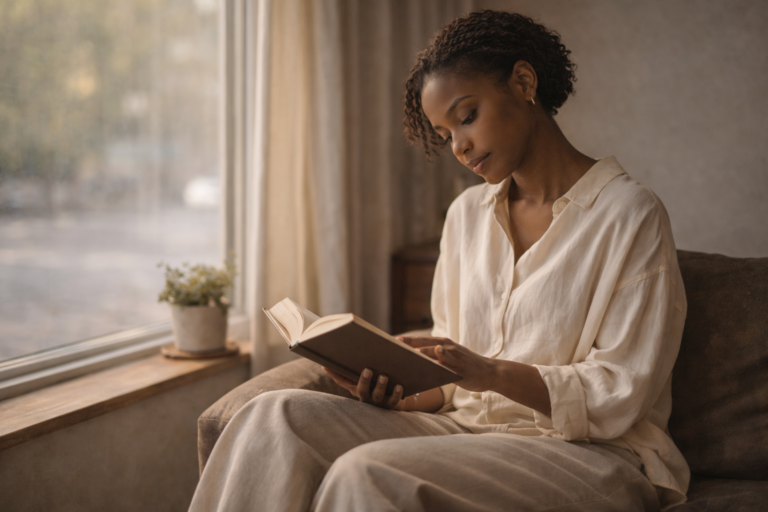Beauty, they say, lies in the eye of the beholder. This means that everyone has their own unique description of what they classify as beautiful. What is yours then? How do you define beauty? What do you embrace and accept as beautiful?
Take a moment to reflect on all the things, as many as you can remember, that you have considered beautiful. Did you see yourself as one of them? If you did, then you deserve a round of applause. If you did not, then it is a shame. The most helpful thing I do every day is to look in the mirror, smile, and tell myself: “You are beautiful.”
It may look simple, but it wasn’t easy for me at first. For years, I found myself in situations where I was trying to win people’s hearts and look beautiful for them. But gone are those days. Now, I choose to define beauty on my own terms.
What Is Beauty?
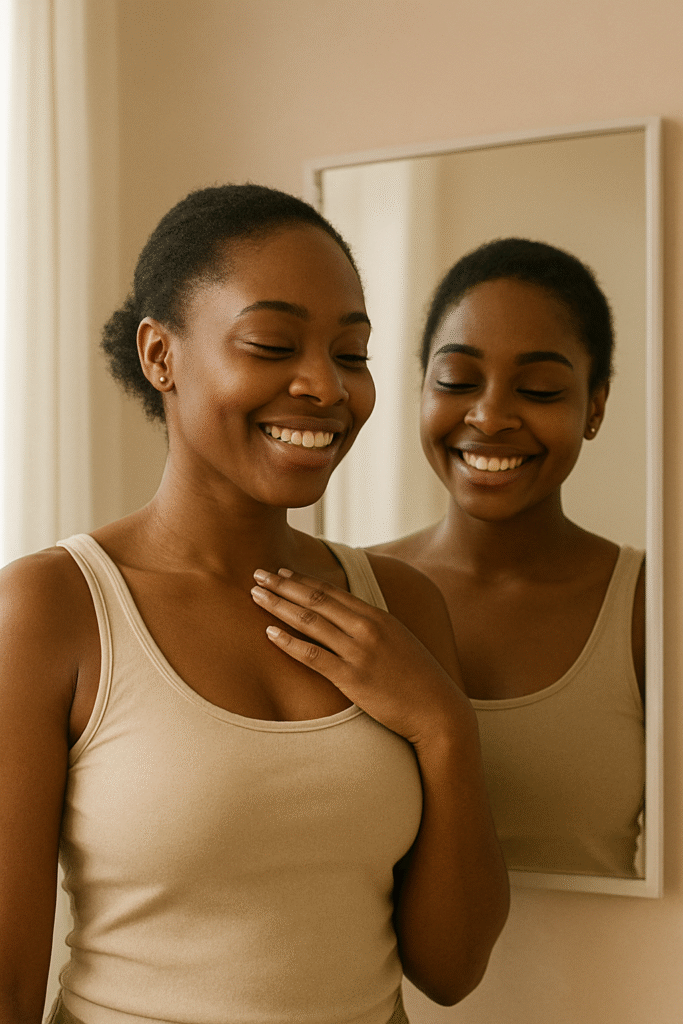
When you search for “beauty” on the internet, you will find definitions such as:
- Beauty is a combination of qualities such as shape, color, or form that pleases the aesthetic senses, especially the sight.
- Beauty is the quality or collection of qualities in a person or thing that gives pleasure to the senses or elevates the mind and spirit.
I will simply say this: beauty is anything that pleases the senses. There is no denying that society has set rules that determine who is considered beautiful and who is not. These standards keep changing, becoming modernized from one generation to another.
But don’t forget that those who are regarded as beautiful are often the ones who present themselves as such. True beauty is both inner and outer. Inner beauty is revealed through our character, while outer beauty is seen in our physical features.
Outer Beauty: Why Comparisons Steal Our Joy
Let’s talk about outer beauty. One of the main reasons many people struggle to recognize their own beauty is that they look at themselves through the lens of someone else. You may stand in front of the mirror, but in your mind’s eye, you are comparing yourself to another woman’s body shape.
For instance, imagine you see a woman with wider hips, which you regard as perfect and attractive. When you later look at your own smaller hips, you measure them against hers. That is where the problem begins. You start to dislike the way you look and search for solutions to change yourself.
This often leads to regret. Such comparisons create shame, insecurities, and low self-esteem. And in the process, your true beauty gets hidden.
My Struggle with Outer Beauty
Personally, I struggled with accepting my small breasts. I admired women with bigger breasts, and every time I looked in the mirror, I wished I had theirs. I constantly envisioned that image of a girl in a bikini with full breasts and convinced myself she looked more attractive than me.
Things got worse when seamstresses who sewed my clothes teased me, asking, “Where are your breasts?” I remember asking my mother years ago why she and my elder sister had bigger breasts while mine were the tiniest.
Her response was simple: “The smaller ones are the nicest.”
At the time, I thought she was only saying that to make me feel better. But later, I realized she truly meant it. My mom has bigger breasts, but she saw beauty in mine. That taught me a valuable lesson: everyone has something about their body they wish they could change. Even those we tag as having the “perfect body” still desire something different.
Learning to Appreciate My Own Beauty
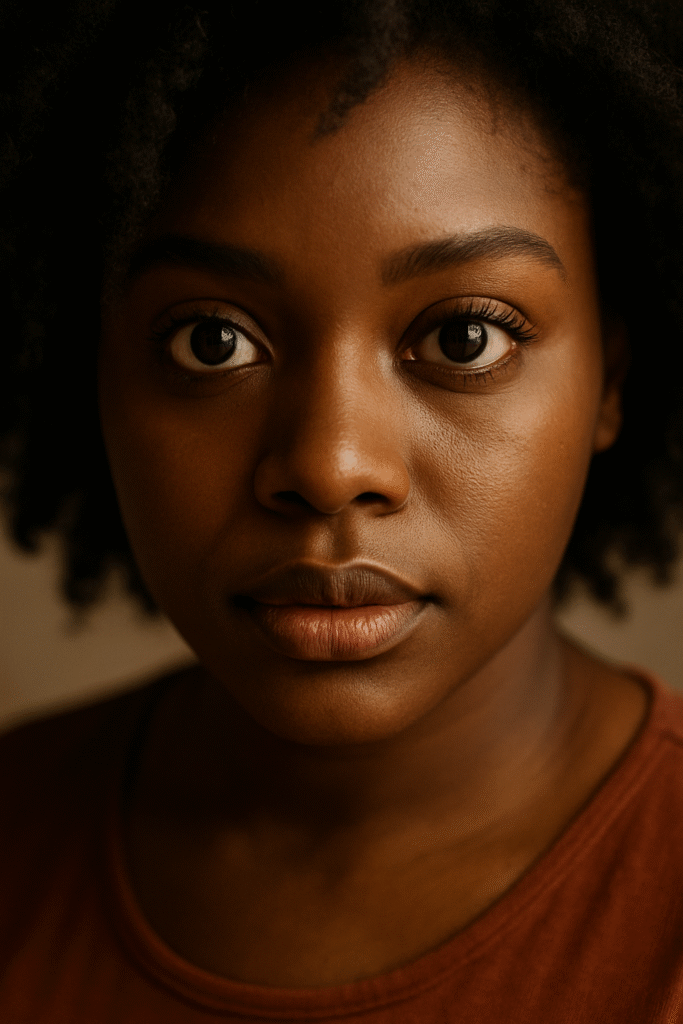
The turning point for me came when I realized I had never looked at myself without comparing my body to someone else’s. I decided to stop and look at myself exactly as I was. That’s when I noticed something I had overlooked: I have the most beautiful eyes.
For years, my peers told me my eyes were too big, which made me uncomfortable. But one day, I realized their comments were not because my eyes were ugly but because they were unique—different from what they considered “normal.” My eyes are what make me special.
Since then, I’ve learned to embrace my so-called “flaws” and love myself fully. If we all had the same physical features, what would make any of us unique? Our differences are what make us stand out.
Beauty and Youth: Why Outer Beauty Fades
They say that outer beauty and youth go hand in hand. That is why people who focus solely on their youthful appearance often feel unhappy and insecure as they grow older. Outer beauty naturally fades with age. Wrinkles appear, body shapes change, and skin loses its glow.
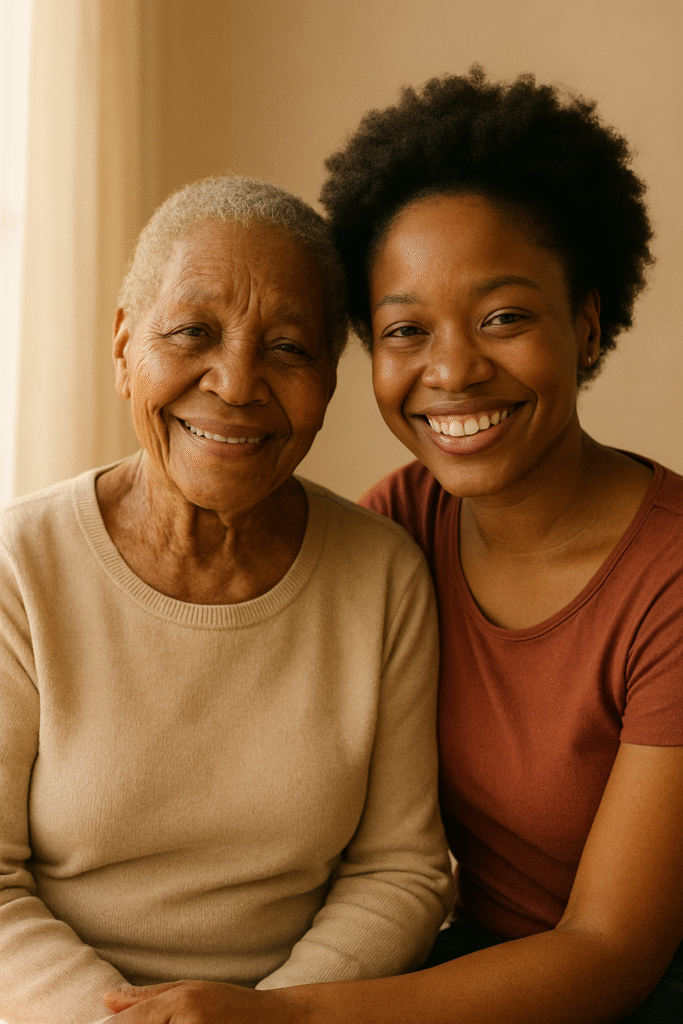
But does that mean beauty disappears with age? Absolutely not. Real beauty is more than what the eyes see.
Inner Beauty: The Core of Real Beauty
If outer beauty fades, what remains? The answer is inner beauty. Inner beauty is what makes a person truly attractive. It is beauty rooted in character.
Think about it: no one wants to be around someone who vents anger unnecessarily, treats people with disrespect, or carries a bitter heart. No one is drawn to laziness, filth, dishonesty, or cruelty. On the other hand, kindness, compassion, patience, and integrity are qualities that draw people closer.
Inner beauty is the part of us that remains even as we age. It is what people remember about us long after physical appearances have changed. Real beauty is inner beauty, whether we accept it or not.
Embracing Your Own Kind of Beauty
In the end, the war of beauty is not fought in front of a mirror or in comparison with someone else’s body. It is fought within. The key is to stop comparing yourself to others because they are not you.
Accept who you are and see yourself exactly as you are. Present your kind of beauty to the world boldly and unapologetically. When you embrace your beauty, others will too.
Final Thoughts on Beauty
The truth is this: beauty is not just about how you look. It is about how you carry yourself, how you treat people, and how you see yourself. If you believe you are beautiful, you radiate it.
So today, choose to embrace both your inner and outer beauty. Let your differences be your strength. Stand tall, smile at the mirror, and declare: “I am beautiful.”
Because you are.

